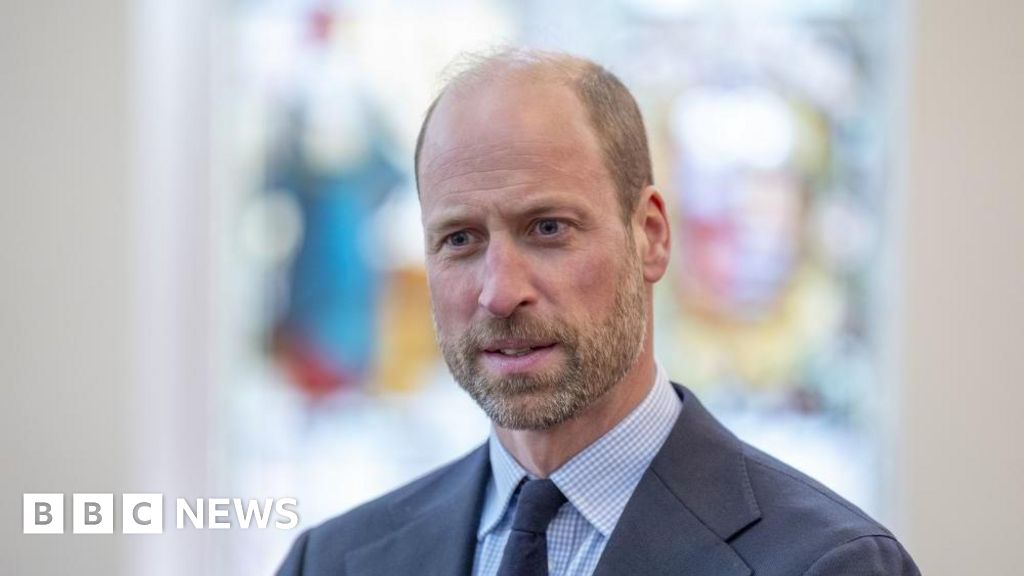Nations in Negotiation for the Worldâs First Global Carbon Tax on Shipping Emissions

Nations around the world are currently engaged in critical discussions aimed at establishing a fee structure for commercial vessels that would charge them for their emissions. This initiative represents a significant milestone in global environmental policy, as it would effectively be the first global carbon tax specifically targeting the maritime industry.
The International Maritime Organization (IMO), the governing body overseeing international shipping regulations, has set an ambitious target for the shipping sector: to achieve net-zero greenhouse gas emissions by the year 2050. To support this goal, the IMO has also committed to encouraging the widespread adoption of fuels that produce zero or near-zero emissions. A key event in this ongoing effort is the Marine Environment Protection Committee meeting, which takes place from Monday to Friday in London, and is attended by representatives from various IMO member states.
During this committee meeting, officials are working diligently to approve proposed regulations that would impose a price on maritime greenhouse gas emissions as well as establish a marine fuel standard aimed at phasing in cleaner fuel alternatives. These measures are not merely aspirational; they are poised to become mandatory for all ships operating on a global scale. IMO Secretary-General Arsenio Dominguez emphasized the necessity for the industry to increase its efforts in combating carbon pollution, stating that the committeeâs decisions will âset the course for a net-zero future for the maritime sector,â as reported to The Associated Press last Thursday.
The future of environmentally friendly shipping practices is at a pivotal crossroads, according to Emma Fenton, senior director for climate diplomacy at the U.K.-based nonprofit Opportunity Green. Fenton asserts that implementing a straightforward, high-priced levy on shippingâs greenhouse gas emissions is essential for achieving equitable decarbonization across the industry. âIf an agreement is reached, it would represent a huge moment of solidarity in the fight to tackle climate change,â Fenton remarked, underscoring the significance of establishing a global framework to address this pressing international issue, as emissions have traditionally been managed domestically.
Shipping emissions have seen a notable increase over the past decade, now accounting for approximately 3% of the global total, according to data from the United Nations. This rise can be attributed to the growing size of vessels, which transport larger quantities of cargo per trip and consume vast amounts of fuel oil. In 2023, maritime nations reached a consensus to reduce emissions from the shipping industry, although several experts and participating nations criticized the agreement for not designating 2050 as a definitive deadline. Consequently, the IMO is currently in the process of formulating regulations to realize the objectives established in the 2023 agreement.
Experts believe that a simple climate levy, combined with a green fuel standard, could effectively bridge the price gap between traditional fossil fuels and greener options such as hydrogen, methanol, and ammonia. Jesse Fahnestock, who leads the decarbonization efforts at the Global Maritime Forumâa nonprofit organization closely collaborating with the shipping industryâstated that the sector's heavy reliance on fossil fuels means it will not transition to cleaner alternatives independently. Since it will take considerable time to develop a sufficient supply of e-fuels derived from renewable electricity, immediate investments in green technologies are crucial, he emphasized.
Currently, most vessels operate on heavy fuel oil, which emits carbon dioxide and various pollutants during combustion. Dominguez has pointed out that significant decarbonization in the industry requires a fundamental overhaul of shipping fuel sources. The Clean Shipping Coalition, an alliance of environmental nonprofits, is urging governments to commit to a high price on all ship emissions, along with a robust fuel standard. Furthermore, the coalition is advocating for the revision of the IMO's carbon intensity measurement tool, aimed at transparently quantifying and enhancing ship efficiency to ultimately reduce fuel consumption over the long term.
Significantly, more than 60 countries, led by Pacific island nations that are directly threatened by climate change, are in favor of a flat levy per metric ton of emissions. This approach is seen as a fair means to achieve net-zero emissions. The shipping industry itself is also supportive of a fee structure. Guy Platten, the secretary-general of the International Chamber of Shipping, which represents over 80% of the global merchant fleet, suggested that a pricing mechanism for maritime emissions is a pragmatic solution and the most effective method to incentivize a rapid energy transition in the sector.
However, some countries, notably China, Brazil, Saudi Arabia, and South Africa, are advocating for a credit trading model instead of a fixed levy. This model would allow ships to earn credits for staying below their emissions targets and purchase additional credits if they exceed those targets. Other nations are seeking a compromise between the two proposed models.
Concerns have been raised that any solution short of a universal levy could undermine climate objectives, allowing wealthier ship owners to buy their way out of compliance while continuing to pollute. Ambassador Albon Ishoda, the special envoy for maritime decarbonization from the Marshall Islands, expressed that the IMO's climate targets will be rendered âmeaninglessâ without the implementation of a levy. He also noted that revenue generated from such a levy could be utilized to assist developing nations in transitioning to more sustainable shipping practices, preventing them from being left behind with outdated, polluting vessels.
Should the committee reach an agreement and finalize the regulatory text, the regulations could be formally adopted by October and implemented as early as 2027. This timeline has the potential to send a powerful signal about the seriousness of the green transition in the shipping industry and demonstrate that it is indeed feasible for a global sector to undergo substantial transformation.
___
The Associated Pressâ climate and environmental coverage is supported by various private foundations. However, AP retains full responsibility for all content. For more information on APâs standards regarding partnerships with philanthropic entities, including a list of supporters and funded coverage areas, please visit AP.org.









